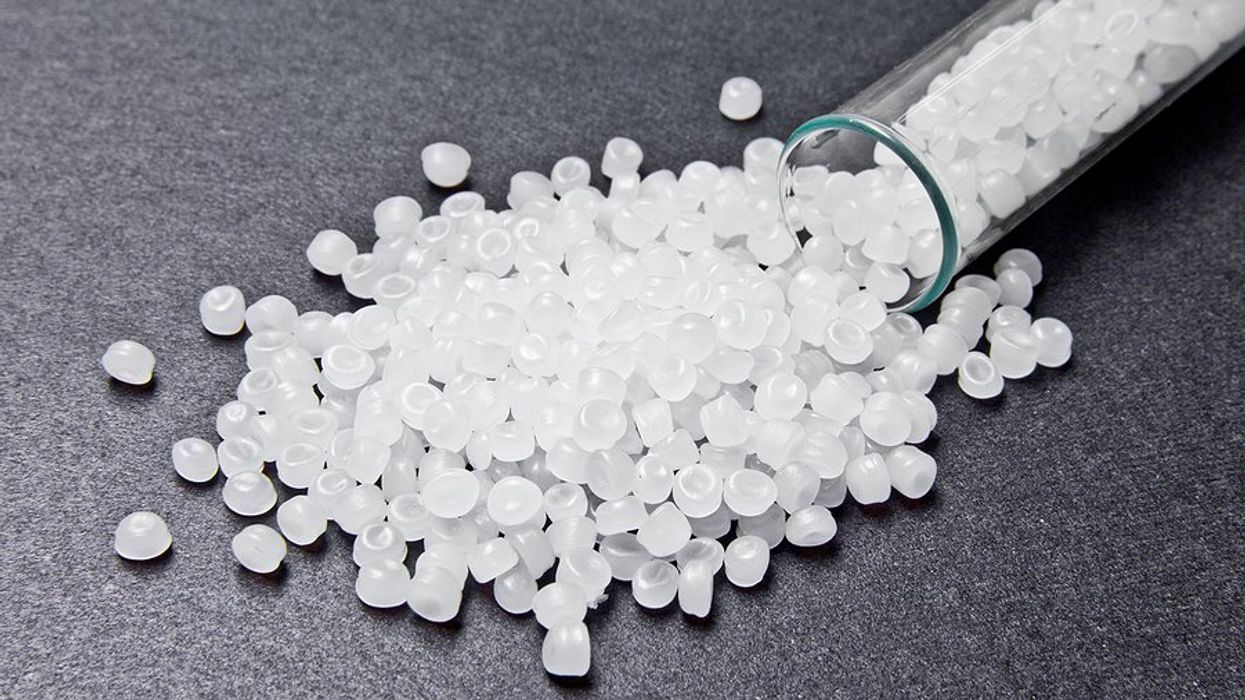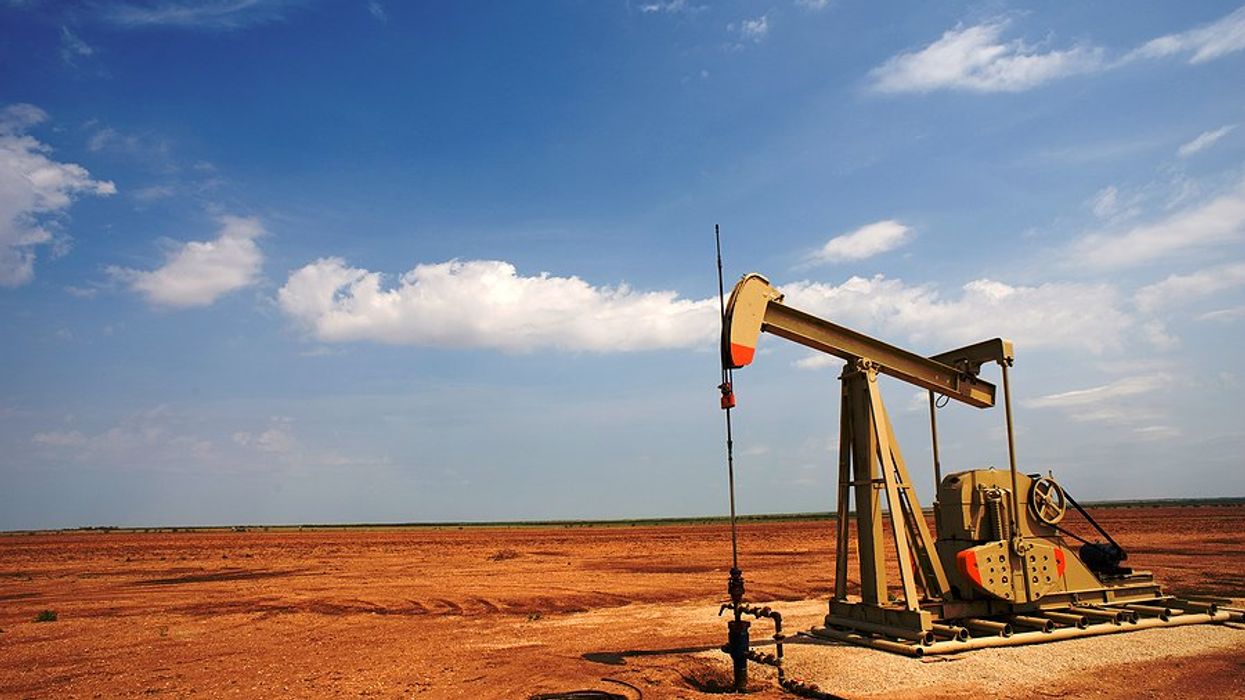Starbucks has begun replacing plastic cups with paper ones at hundreds of U.S. locations, a move environmental groups say signals the company’s admission that its plastic cups are not truly recyclable.
Joseph Winters reports for Grist.
In short:
- Starbucks has switched to paper cups lined with bioplastic at about 580 locations, citing local restrictions on single-use plastics and its sustainability goals.
- Investigations by environmental advocates and CBS News found that most Starbucks plastic cups deposited in in-store recycling bins ended up in landfills or incinerators.
- While Starbucks claims its polypropylene cups are recyclable in some areas, reports indicate that few facilities can process them effectively due to contamination and logistical issues.
Key quote:
“This is a clear admission that polypropylene cups are not recyclable.”
— Jan Dell, chemical engineer and founder of The Last Beach Cleanup
Why this matters:
Plastic waste remains a major environmental challenge, with most single-use plastics ending up in landfills or being burned. Despite labeling, many plastic items marketed as recyclable are not actually processed due to infrastructure limitations and contamination. Starbucks' move reflects growing pressure on corporations to address misleading recycling claims and shift toward more sustainable packaging. However, even alternatives like paper cups lined with bioplastics raise questions about long-term environmental impacts.
Related:














